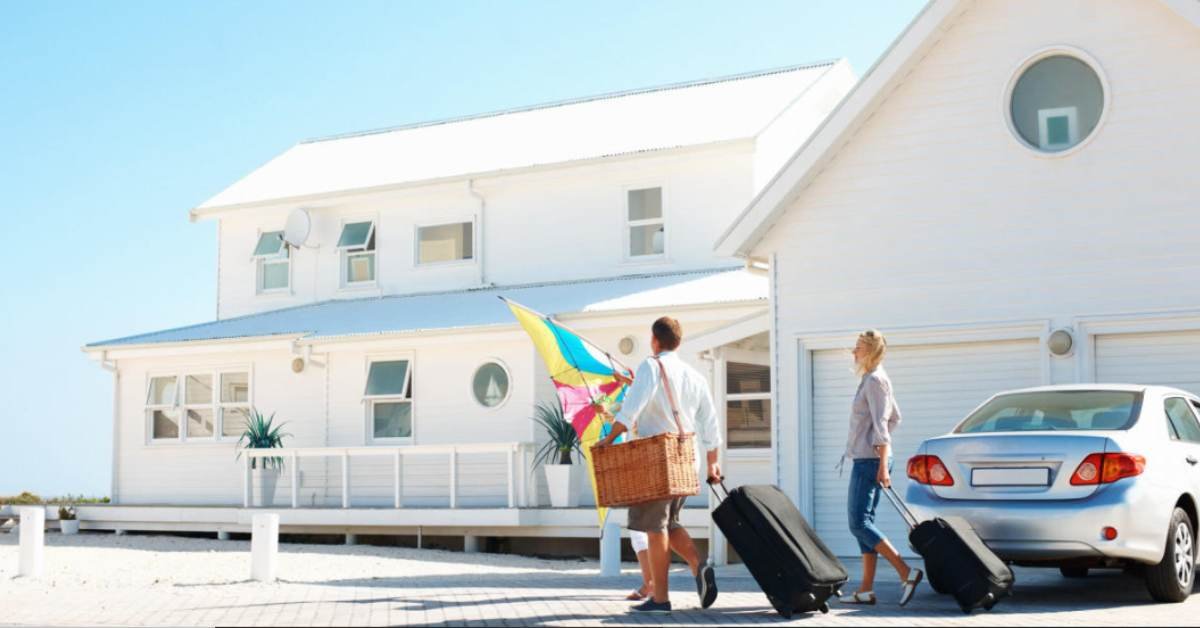Are you looking to become a host on VRBO but need clarification on the requirements? VRBO (Vacation Rentals by Owner) is a popular platform allowing homeowners to rent their properties to travelers worldwide. However, you need to know a few essential things about VRBO host requirements to start. Whether you’re new to short-term rentals or switching platforms, understanding these guidelines can set you up for success.
This guide will walk you through everything from account setup to property-specific requirements, ensuring you meet the criteria to list your property and become a successful host.
Setting Up Your VRBO Account
Before listing your property on VRBO, you need to create an account. Here’s what’s required:
- Personal Information: You’ll need a valid email address, phone number, and residential address.
- Bank Account Details: VRBO will require your bank account information to process payments.
- Tax Information: Depending on your location, VRBO may require your tax identification details to report rental income.
- Property Listing Requirements
To list your property on VRBO, there are several property-specific requirements you must meet:
- Property Type: VRBO accepts many properties, including homes, apartments, cabins, condos, etc. However, your property should be in good condition and equipped to provide a comfortable stay for guests.
- Accurate Photos: High-quality images of your property are crucial. Clear, well-lit photos showcasing both the interior and exterior will attract more potential guests.
- Property Description: Write an honest and thorough description of your space. Include the number of bedrooms, bathrooms, amenities, and unique features that set your listing apart.
- Minimum Night Stay: You can set a minimum night stay depending on local regulations and your preferences. This is often required to comply with local laws.
VRBO Booking and Payment Terms
When you become a VRBO host, there are a few key terms around booking and payments that you should understand:
- Booking Settings: You can accept bookings instantly (Instant Book) or require guests to request approval. Make sure your booking preferences align with your schedule and availability.
- Payment Processing: VRBO offers secure payment processing, ensuring hosts receive their payments promptly. Payments are generally transferred directly to your bank account.
- Cancellation Policies: As a host, you need to set your cancellation policy (Flexible, Moderate, or Strict) in your listing. Choose the one that best suits your needs and consider how it will impact potential bookings.
Local Laws and Regulations
Short-term rental platforms like VRBO are subject to local regulations in many cities. These can include:
- Business Licenses: Some locations require hosts to obtain a business license before renting their property.
- Tax Requirements: Depending on your location, you may need to collect and remit local taxes from your guests. VRBO often collects taxes on behalf of hosts in some jurisdictions.
- Zoning Laws: Ensure that your property is in an area that allows short-term rentals. Some cities have specific zoning laws prohibiting or limiting the operation of vacation rentals.
Safety and Guest Communication Standards
As a VRBO host, ensuring the safety of your guests is paramount. VRBO has specific guidelines you must follow:
- Smoke Detectors and Fire Safety: You must have working smoke detectors, carbon monoxide detectors (if applicable), and a fire extinguisher on the property.
- Clear Communication: Communicate clearly with guests before, during, and after their stay. Respond to inquiries promptly and be available to assist with any issues.
- Reviews and Reputation
A key factor driving bookings on VRBO is the host’s reputation. Positive reviews from guests are essential for attracting new bookings. Here’s how you can build a good reputation:
- Offer Excellent Service: Provide your guests with a clean, comfortable, and welcoming environment.
- Be Responsive: Address guests’ questions or concerns before or during their stay.
- Encourage Reviews: After each stay, politely ask your guests to leave a review, as this helps establish trust with future renters.
FAQs About VRBO Host Requirements
1. Do I need a specific type of property to list on VRBO?
No, VRBO accepts various property types, including homes, apartments, condos, and unique vacation rentals like cabins and villas. The key is ensuring your property is in good condition and offers the necessary amenities for guests.
2. How much does it cost to list a property on VRBO?
Listing your property on VRBO is free, but VRBO charges service fees when booking. These fees vary based on the type of listing and the location.
3. Can I set my rental rates?
Yes, you have complete control over your rental rates. You can adjust pricing based on demand, seasonality, and local market trends.
4. What insurance do I need as a VRBO host?
VRBO provides a Host Guarantee program that covers damages up to a certain amount. However, to protect against potential liabilities, it’s advisable to have an insurance policy that covers short-term rentals.
5. How do I get paid as a VRBO host?
Payments are processed through VRBO and transferred directly to your bank account within 24-48 hours after a guest checks in.
Conclusion
Becoming a VRBO host is a great way to earn income from your property, but it’s essential to understand the requirements and responsibilities that come with it. You can create a successful vacation rental business by ensuring your property meets VRBO’s criteria, stays compliant with local laws, and provides excellent guest experiences. Regularly review and update your listing to maintain its appeal and build a strong reputation on the platform.
Latest Post!
- The Ultimate Guide to Luxurious and Eco-Friendly Bath Products: Featuring Cunke
- Bailey Self Storage: The Secure and Convenient Storage Solution You Need
- PR Construction, LLC: Building Dream Homes with Exceptional Craftsmanship
- A Detailed Look at Lang’s Painting: Unveiling the Artistry Behind the Masterpieces
- Moving Made Easy with AMPOL Moving, Inc.: Your Trusted Illinois Partner
- WepBound: A Groundbreaking Platform Revolutionizing Digital Connectivity






